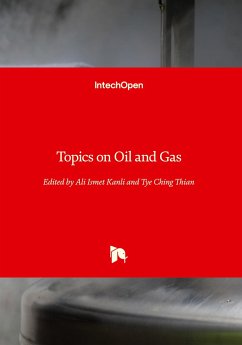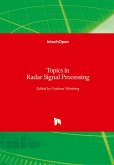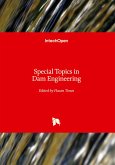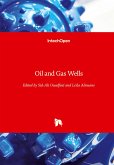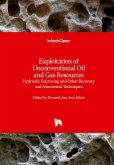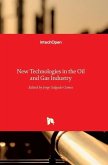Reservoir characterization is the model that characterizes reservoirs based on their ability to store and produce hydrocarbons. Reservoir modeling is the process of creating a three-dimensional representation of a given reservoir based on its petrophysical, geological, and geophysical properties. Reservoir engineering is the formulation of development and production plans that will result in maximum recovery for a given set of economic, environmental, and technical constraints. It is not a one-time activity but needs continual updating throughout the production life of a reservoir. Reservoir management is often defined as the allocation of resources to optimize hydrocarbon recovery from a reservoir while minimizing capital investments and operating expenses. The oil and gas industry is divided into upstream and downstream sectors. In general, the upstream sector involves activities carried out at a reservoir, while the downstream sector involves all petroleum processing activities carried out in a refinery. Petroleum processing engineering involves all downstream crude oil processing operations, from crude oil as the feedstock to final products such as gasoline, kerosene, diesel, gas oil, and lubricating oil. Petroleum processing technology continues to develop in consideration of all types of sustainability-related challenges. This book provides a comprehensive overview of the oil and gas industry, presenting the most recent research in the field.
Hinweis: Dieser Artikel kann nur an eine deutsche Lieferadresse ausgeliefert werden.
Hinweis: Dieser Artikel kann nur an eine deutsche Lieferadresse ausgeliefert werden.

